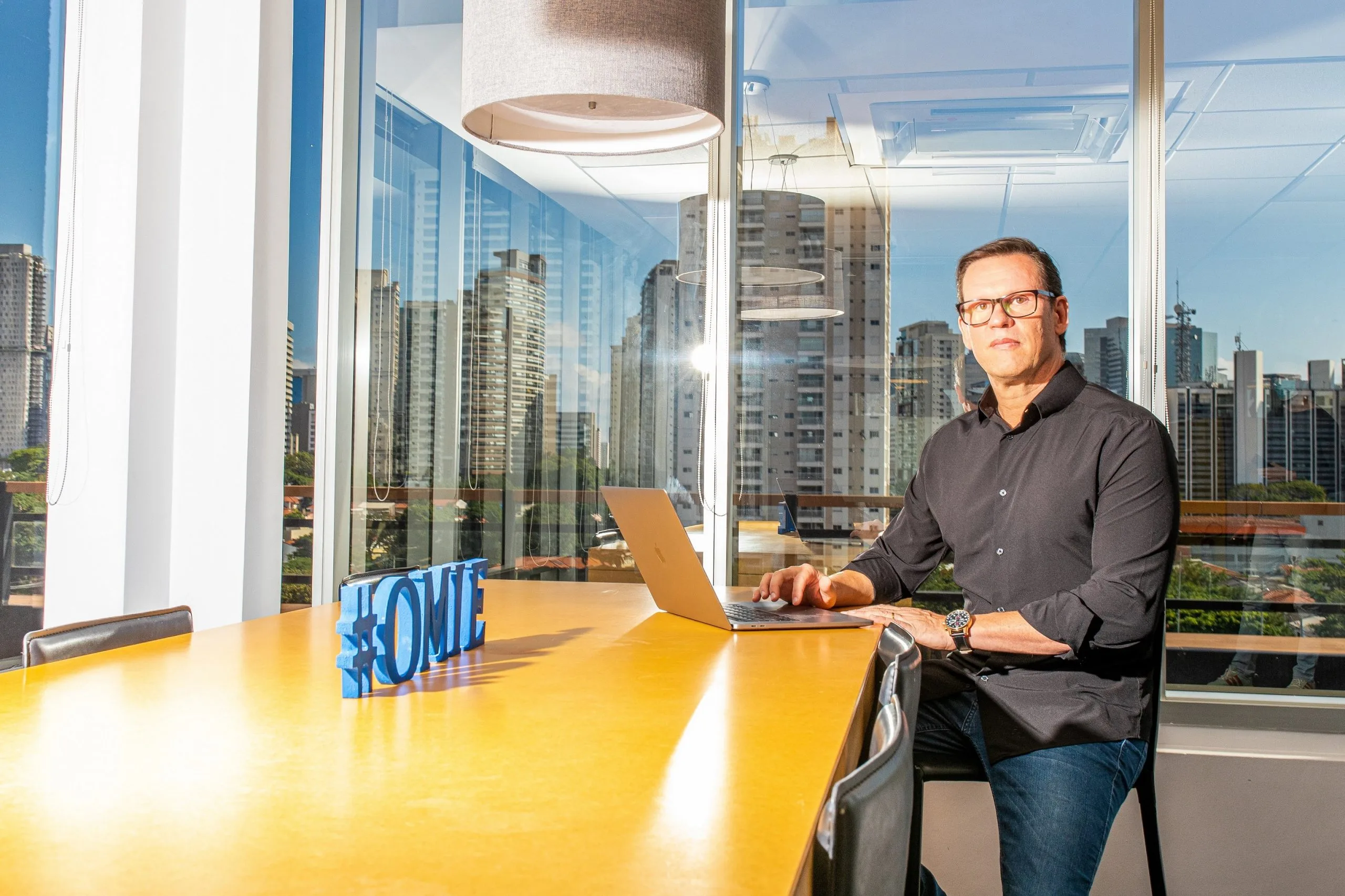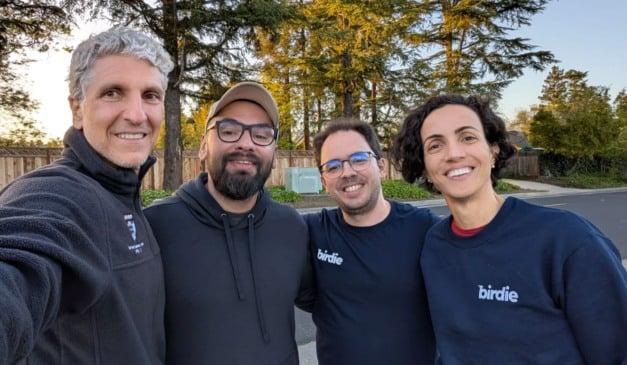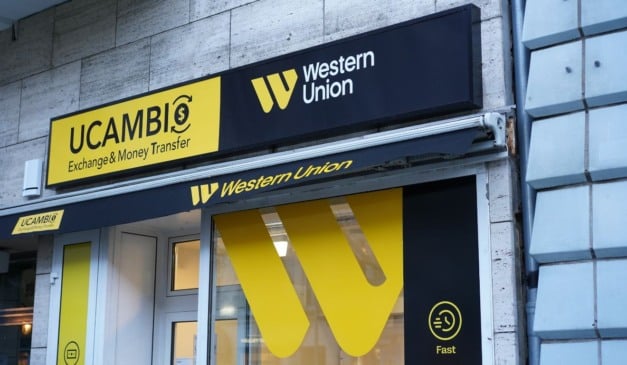
Supported by a multimillion-dollar investment, the Brazilian Support Service for Micro and Small Enterprises (Sebrae) is developing a series of initiatives to boost the growth of startups in São Paulo over the next four years.
Led by Michel Porcino, formerly CEO at equity crowdfunding platform Kria, Sebrae for Startups was created at the end of 2020, as part of a series of moves by the organization’s new management, which took office the previous year. The project aims to reposition Sebrae’s work with new technology-based companies, with more than 20 programs aimed at the needs of startups in different profiles and stages of development.
The new strategy places emphasis on supporting entrepreneurs beyond São Paulo (the capital). In addition, the plan also focuses on fostering innovation, with partnerships and contracts with various organizations, such as the Brazilian Startups Association (ABStartups) to deliver the projects. The goal is to end 2022 with a portfolio of more than 500 startups with revenues of up to BRL 4.8 million ($950,000) monitored by Sebrae through structured programs.
“Up until a couple of years ago, Sebrae was very shy in relation to startups, so much so that I’ve always provoked [the institution] to do more. The projects we are developing bring drastic changes in this regard, which is very innovative for an organization that usually talks to traditional businesses such as cafes and bakeries”, Porcino says, in an interview with Startups.
“We realized that we needed to create programs that were more incisive in terms of dealing with the pain points of high-growth companies, addressing their specificities with solutions from A to Z. Today, our portfolio has a series of resources to enable any entrepreneur in the state of São Paulo to get an idea off paper, sell and grow”, he adds.
How Sebrae enables access to the ecosystem
Sebrae is transforming its support model for the digital economy, but also needs to enable any budding entrepreneur to access the world of startups. One of the organization’s programs aiming to fulfill this objective is Start, a three-month acceleration being launched in 30 cities across São Paulo state.
“Until recently it would have been unthinkable to have an accelerator in cities with 50,000 inhabitants or less. There are many opportunities, and we need to educate and disseminate the startup culture both among traditional entrepreneurs and among buyers”, Porcino points out.
Under the Start umbrella, Sebrae aims at specific audiences, through initiatives such as Start Black, which aims to accelerate black people looking to start or boost their startups; Start Periferias, with projects underway with communities in slums (favelas); and Start Silver, for founders over 50, which should be launched in June.
“We are carrying out these projects with partners with the intention of bursting the bubble, with a view of offering the support structure that not only Sebrae, but the wider ecosystem offers. We want more possibilities for everyone and more innovative ideas to reach all parts of the state”, says Porcino.
Sebrae is closing agreements with a network of black entrepreneurs and founders from the outskirts of São Paulo cities, which are paid to participate in activities such as mentoring, in addition to organizations focused on the senior audience.
According to Porcino, most of the Sebrae team focused on startups – around 20 people – are women, while a third lives in the outskirts of São Paulo, and there is a significant proportion of black professionals in the team. “If we don’t have diversity in the team, we won’t be able to create successful programs”, he emphasizes.
Supporting new business expansion
On the sales acceleration front, Sebrae makes an assessment, understands the pain points of startups and, in the case of younger companies, supports the development of the product-market fit and the optimization of their sales conversion engine. Companies in more advanced levels of development can get advice on several fronts such as strengthening the sales team and matchmaking with potential customers. This area of activity is informed by a mapping exercise, with over 15 sales challenges.
Regarding access to capital, Sebrae has initiatives such as Open VC, an event in which funds pitch to entrepreneurs and connections are generated. At the same time, a diagnosis is also made to understand the company’s preparation before seeking investments, in addition to drawing up an action plan, and connections with funds.
Sebrae for Startups activities also include an internationalization front, with missions to cities such as Miami (which took place last month) and London, which should take place during the London Tech Week next month. The aim is to bring startups closer to business agencies in the countries and to potential partners and international clients.
“Brazil is only recognized abroad by companies in the financial sector, such as Nubank. Our goal is to enable more companies in the state to expand globally, whilst positioning the São Paulo brand internationally to help more companies to reach higher levels”, the executive notes.
Another major objective of Sebrae for Startups is to connect the state’s innovation environment, whilst solving one of the great problems of the ecosystem: “The various [innovation] initiatives are very diffuse, one innovation park does not talk to the other, one accelerator does not exchange ideas with the other. Our vision is that Sebrae does not operate in isolation [regarding projects with startups] and for the first time, we are doing a lot in that regard”, Porcino points out.
A group of around 30 partners are working with Sebrae for Startups. The collaborative work includes the Delta Fintech Lab, a project to be launched with the participation of accelerator Ventiur and support from the Securities and Exchange Commission (CVM), the Inter-American Development Bank (IDB) and Sebrae at federal level.
The physical and virtual hub for innovation in financial services aimed at accelerating small businesses is intended to strengthen ideas that emerge in a regulatory sandbox. The center should address challenges in areas such as tokenization, the carbon market, and look at the specific needs of audiences across Brazil, such as developing financial solutions for riverside communities in the Amazon.
“We want to create new fintechs or enable fintechs to create new models [for SMEs] within the Lab. Our dream is for it to be something as relevant as Pix [the Brazilian instant payments platform],” Porcino says, adding that the hub should also address issues around the connection between fintechs and small businesses.
“There are many fintechs that solve problems and pains [of SMEs], but the small business is afraid to use them or doesn’t know where to start. Our idea is to use Sebrae’s capillarity and use its communications strength we have to present technology-based financial solutions that can solve the pain points that entrepreneurs experience”, the executive points out.
Developing specialist hubs across the state
The strategy at Sebrae for Startups also aims to take advantage of the vocations of each region of São Paulo state, with projects such as the creation of an “agtech corridor”, encompassing the cities of Piracicaba, São Carlos and Campinas, in partnership with the Brazilian Agricultural Research Corporation (Embrapa). Other examples include an industry 4.0 hub in Sorocaba in partnership with National Service for Industrial Training (Senai), and a healthtech center in Barretos with Hospital de Amor, a reference in cancer treatment.
“We have several vocations in the state that harbor opportunities to create technologies for the world. This must always be done through partnerships, with organizations whose client is the entrepreneur, who is also our client”, says Porcino.
These initiatives are supported by an unprecedented partnership with the São Paulo Research Support Foundation (Fapesp), which encompasses topics such as training scientists for entrepreneurship and launching proofs of concept in large companies. Other examples include partnerships with Brazil’s Institute for Technological Research, to accelerate growth within deeptechs.
“We are forging partnerships and common goals of innovation players so that the ecosystem thrives and, at the same time, so that we do not lose focus and waste resources”, Porcino points out.
The agenda for decentralizing innovation beyond the capital also includes initiatives such as a training program for community leaders, in partnership with Fapesp. “This is very important for cities in the countryside which still do not have consolidated ecosystems”, he argues.
Cities where community leadership training is already taking place include São Carlos, Rio Claro and Ribeirão Preto, in addition to the ABC metropolitan region of São Paulo. The project is set to be expanded to other cities over the next few months.
Promoting interaction between entities helps, but does not necessarily make the ecosystem grow, according to the director at Sebrae for Startups. “All these projects generate more opportunities, but we need to work in a high-growth environment and think in a systemic way”, he emphasizes.
“If we have elements such as large companies open to test what startups develop, more types of funds and investments, and a high-standard support infrastructure to support the different phases of the journey, I am confident that we will have all the conditions to reach our greater goal,” adds.
The various Sebrae initiatives to support the development of startups have also contributed to transforming the institution itself. Michel cites Retomada – in which fintechs Nexoos and BizCapital helped create a 100% digital credit program for small businesses during the Covid-19 pandemic – as an example of the organization’s unprecedented projects, which have also brought a breath of fresh air for Sebrae itself.
“This type of agenda is important not only for the startup ecosystem, but for Sebrae to reinvent the way it delivers products, connect with its audience, focus on customer centricity and innovate faster”, he concludes.







